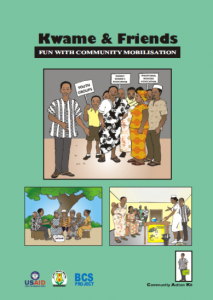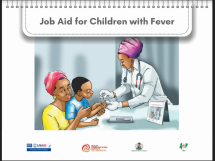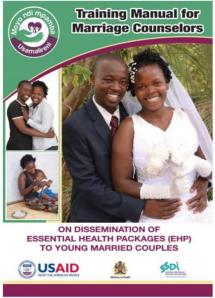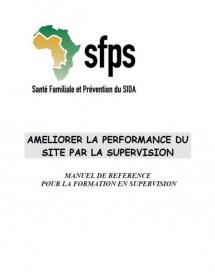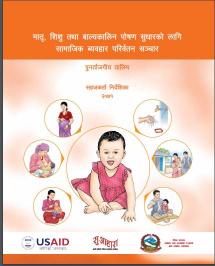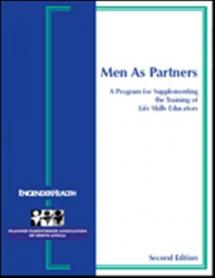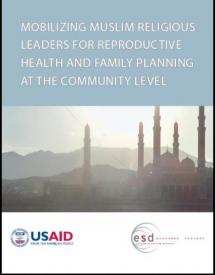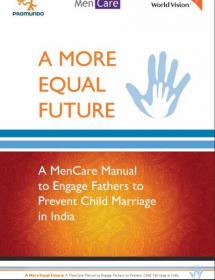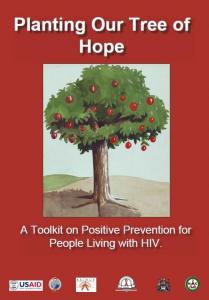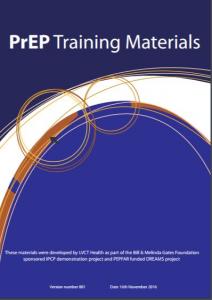Kwame & Friends: Fun with Community Mobilization
This user’s guide applies a narrative of the story of Kwame and his friends to demonstrate how the Community Action Kit can be used by community level health agents to improve health promotion in a participatory way. The Community Action Kit is made up of a Guide, Activity Cards, and Information Cards. It provides information to community health workers on how they can work with the community, engaging community members, and sharing health lessons.
The guide uses the story of Kwame and Friends to explain the process. Kwame is a young community health worker who is friendly and trusted by fellow community members. The guide walks through Kwame’s training. Kwame’s friends include a nurse, a teacher, and other health workers.
Source: Johns Hopkins University Center for Communication Programs, Family Health Division of the Ghana Health Service
Date of Publication: March 25, 2019
SIMILIAR RESOURCES
Tools
Examples
- Adolescents Living with HIV (ALHIV) Toolkit
- Toolkit for Transition of Care and Other Services for Adolescents Living with HIV
- Promoting the Health of Men who Have Sex with Men Worldwide: A Training Curriculum for Providers
- Positive Connections: Leading Information and Support Groups for Adolescents Living with HIV
- Guidance on Developing a National Deployment and Vaccination Plan for COVID-19 Vaccines
- Springboard Webinar: How to Capture and Use Basic Social, Development and Health Data with Communities
- Small Group Facilitation for Young Married Women and First-time Parents in West Africa: Training for Facilitators
- Program H: Working with Young Men
- COVID-19 Planning Guide for Adapting Risk Communication and Community Engagement as Public Health and Social Measures Shift: With Safety Tips for Conducting Community Meetings
- Training Tools: Providing Family Planning and Reproductive Health to Young Married Women and First-Time Parents in West Africa

